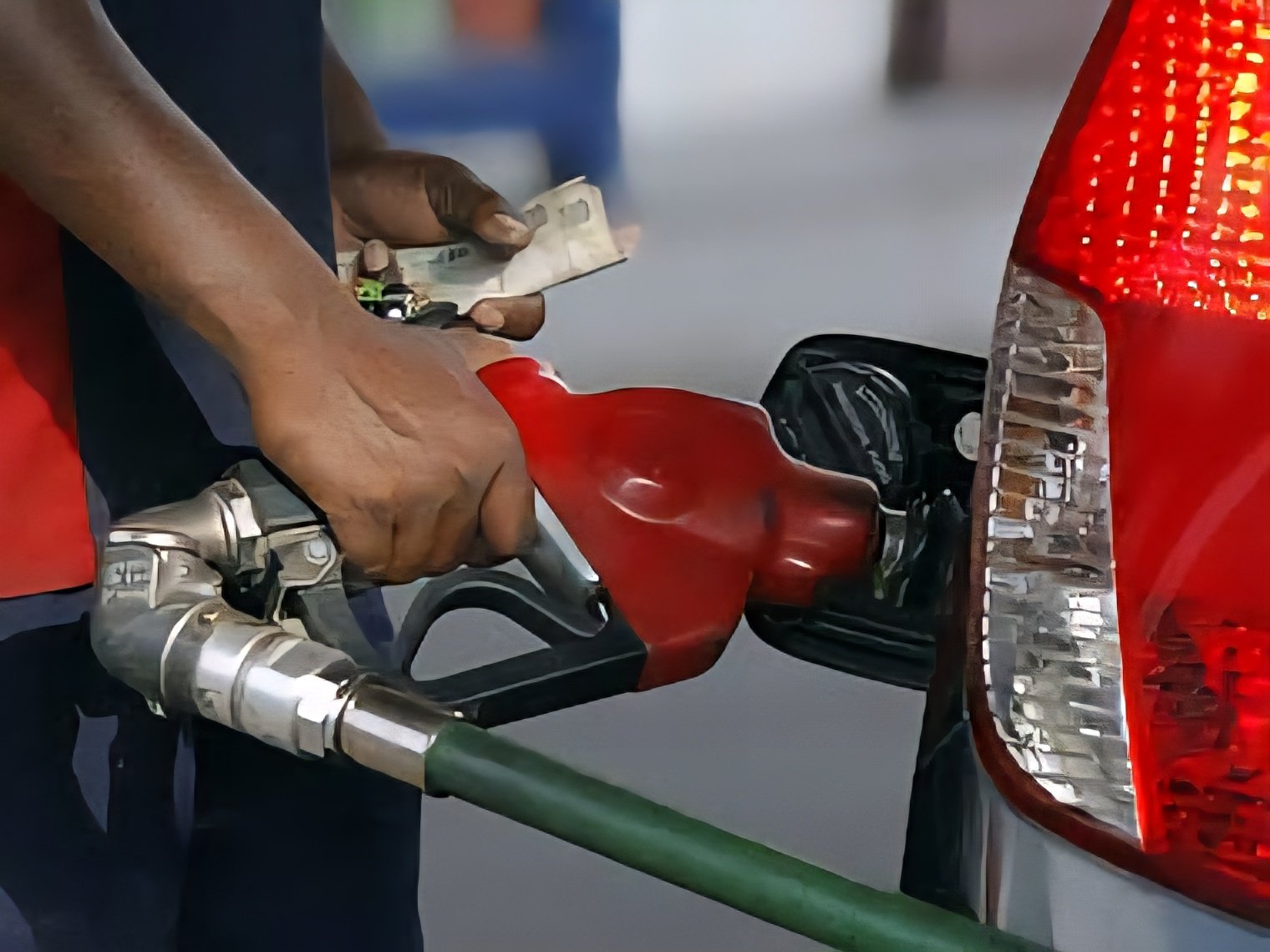
Nigerians Face Fresh Burden as New Petrol Tax of N500 Per N10,000 Spent Takes Effect January 2026

In what many are already describing as another heavy blow to the cost of living crisis in Nigeria, a new tax regime has been announced that will see citizens paying an additional N500 for every N10,000 they spend on petrol consumption starting from January 2026. The new policy, embedded in the recently signed tax law, is set to drastically alter the dynamics of household spending, transport costs, and business operations across the country. The announcement has triggered a wave of mixed reactions, ranging from outright condemnation to cautious acceptance, with most Nigerians expressing deep concerns about what this would mean for their already stretched finances.
According to government officials, the tax is designed to boost revenue generation and ensure that the country can meet its growing fiscal obligations, particularly in funding infrastructure projects, health care, and education. With dwindling oil revenues and a growing need to diversify income sources, the government insists that the new fuel consumption tax is part of a broader strategy to reform Nigeria’s tax system and reduce dependence on external borrowing. Proponents argue that while the measure may seem harsh, it is a necessary step to stabilize the economy and create a more sustainable revenue framework in the long run.
But on the streets, the mood is far from optimistic. For ordinary Nigerians who already spend a significant portion of their monthly income on transportation and fuel, this new tax feels like salt being rubbed into fresh wounds. A commuter in Lagos who spends about N40,000 monthly on petrol for his car will now have to pay an additional N2,000 in tax, bringing his total expenditure even higher in a country where wages remain stagnant and inflation has pushed the cost of basic goods to record levels. Transport unions have also voiced strong opposition, warning that the burden will inevitably be transferred to commuters through higher fares, thereby worsening the already suffocating public transportation costs.
Market women, artisans, and small business owners are equally apprehensive. Petrol is not just for cars; it powers generators in homes and businesses in a nation still plagued by unstable electricity supply. With the new levy, running costs for small shops, restaurants, and workshops are expected to rise sharply. This, in turn, may lead to another round of price increases for goods and services, further fueling inflation which has already crossed uncomfortable thresholds. A shop owner in Abuja lamented that if she spends N20,000 weekly on petrol to keep her freezer running during power cuts, she would now be parting with an extra N1,000 every week in taxes, money that could have gone into buying stock or paying her apprentice.
On social media, Nigerians have not held back their anger and frustration. Many describe the policy as another attempt to squeeze citizens dry, recalling the painful memory of petrol subsidy removal which had already doubled and tripled the price of fuel within a short time. Critics argue that the government should be looking at cutting wastage, curbing corruption, and diversifying the economy instead of introducing new taxes that disproportionately affect the poor and middle class. One commentator quipped that Nigerians are being taxed for breathing, while another pointed out that the tax will only widen the gap between the rich and the poor since wealthy elites will barely feel the impact compared to average citizens.
Economists, however, are divided. While some believe the measure could indeed shore up revenue and reduce Nigeria’s dependence on oil exports, others warn that its timing is problematic. With inflation rates already soaring and unemployment still high, imposing another layer of financial burden may push more people below the poverty line. A Lagos-based economist noted that although consumption taxes are globally recognized tools for revenue, they are usually introduced gradually and alongside strong social safety nets, which Nigeria currently lacks. Without cushioning measures, he warned, the policy could trigger unrest and deepen public resentment towards the government.
In defending the policy, government spokespersons have stressed that the new tax will be transparently managed and directly channeled into visible development projects. They insist that Nigerians will begin to see roads fixed, schools upgraded, and hospitals equipped as a direct result of the funds generated from the petrol tax. The government also claims that the law is progressive since the more fuel you consume, the more you pay, meaning wealthier Nigerians with multiple cars and higher petrol consumption will contribute more to national development.
However, many Nigerians remain unconvinced, pointing to a long history of broken promises and lack of accountability in the use of public funds. Skeptics say there is little evidence that taxes previously collected have translated into tangible benefits, and fear that this new one will simply vanish into the same black hole of mismanagement and corruption. The lack of trust between citizens and government is already a significant barrier, and unless transparency is demonstrated quickly, public backlash may intensify.
Beyond the direct financial implications, analysts also predict that the new tax could have ripple effects across the economy. Transport costs are set to rise as commercial drivers adjust their fares to accommodate the levy, which means food prices may spike further since much of Nigeria’s agricultural produce is transported by road. Logistics companies and ride-hailing services are already hinting at tariff reviews, which could affect e-commerce and delivery services that millions now rely on. In essence, the cost of living is bound to rise, and the pressure will be felt across all sectors.
As January 2026 approaches, all eyes are on how the government will roll out the policy. Advocacy groups and civil society organizations are calling for stakeholder engagement and consultations to ensure the tax law does not disproportionately harm vulnerable groups. Some have suggested exemptions or rebates for low-income earners, while others argue that the threshold should be raised so that the impact is less severe on small petrol purchases. There are also calls for the government to expedite investments in alternative energy sources, such as solar and gas, so that Nigerians are not solely dependent on petrol for daily living.
For now, the uncertainty lingers. While officials hail the law as a bold step towards fiscal responsibility, the average Nigerian sees it as yet another burden in an already difficult journey. Whether this tax will deliver on its promises or deepen the frustrations of a struggling populace remains to be seen, but one thing is certain: come January 2026, every trip to the filling station will come with an extra pinch in the pocket, and Nigerians are bracing themselves for yet another test of survival in a country where the cost of living seems to climb higher with each passing year.


